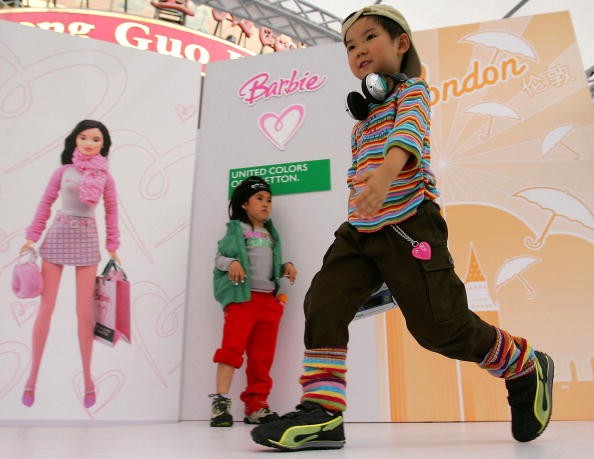U.S. children's apparel manufacturer Carter's Inc. plans to open at least 40 new outlets this year in China, with a target of opening 200 stores by 2022.
Carter's chairman and CEO Michael Casey revealed that they are going to open 10 to 15 stores in Beijing and will focus on big Chinese cities such as Shanghai, Hangzhou and Chengdu.
Describing China as the "largest and most important" international market, Casey said that they will target mass consumers in the country with affordable prices.
He added that Carter's, which has been manufacturing children's apparel for 152 years, is "excited" about the growth opportunities that China has to offer.
The country's consumption of children's products is massive at about $12 billion and is expected to double to $25 billion by 2025 with the relaxation of the one-child policy.
The company currently has 12 stores and an online shop on Alibaba's platform, Tmall. Half of the online demand for Carter's products was from international customers, with the most coming from China.
Carter's launched Weibo and WeChat accounts to provide information about their products to Chinese mothers.
Country manager of Carter's China, James No, said that after long-term preparations and market research, it is ripe for them to enter the Chinese market.
He added that they intend to get closer to Chinese consumers by having a team based in China.
There is weak brand awareness for baby products in China, which has a fragmented market due to high competition, making it challenging to stand out.
Carter's, which was founded in 1865 by William Carter in Needham, Massachusetts, acquired major children's brand and its competitor OshKosh B'Gosh for $312 million in 2005.
Last month, it acquired another infant and child product company, New York-based Skip Hop Inc., for $140 million plus up to $10 million in future payments
In 2014, children's clothing and shoes manufactured by global brands such as Adidas, Nike, Puma, Li-Ning, American Apparel, Burberry, C & A, Disney, Gap, H & M, Primark and Uniqlo were found to contain potential toxic chemicals, according to Greenpeace, which analyzed 82 products made in 12 countries, with 29 coming from China.



























